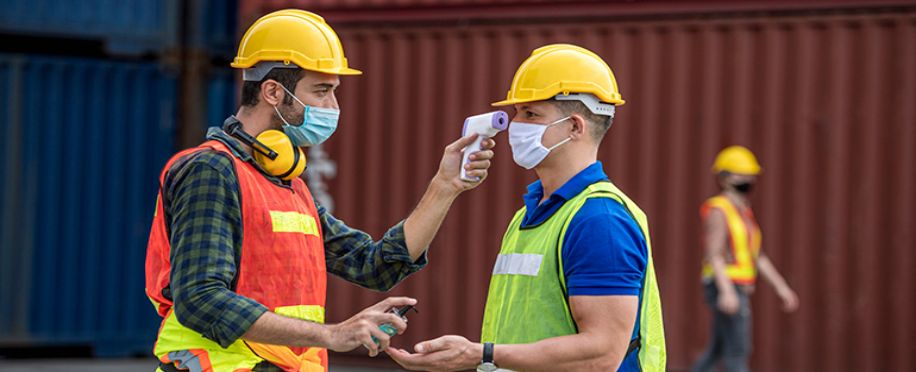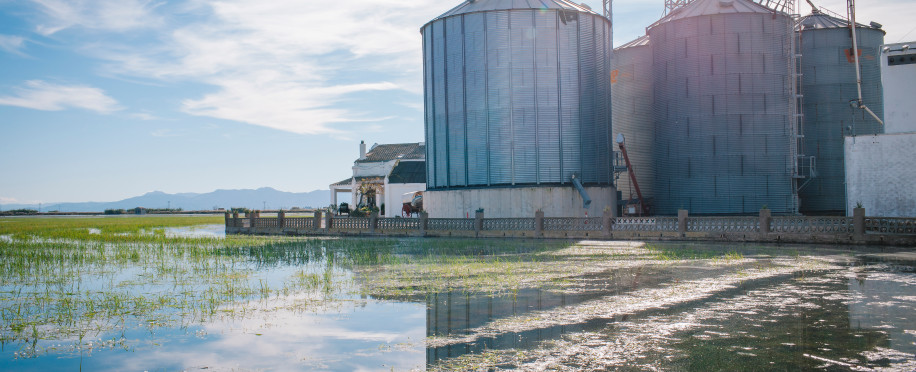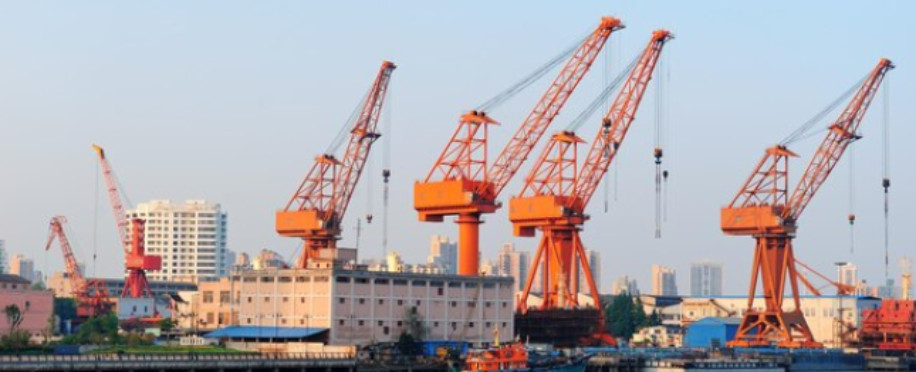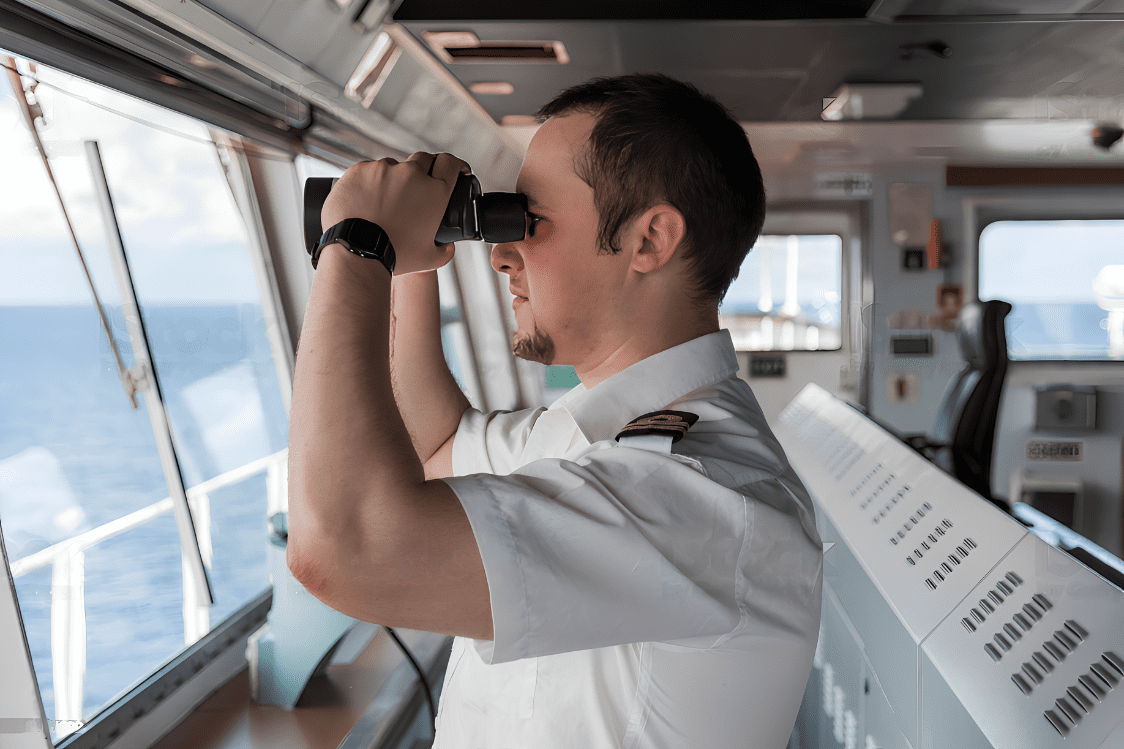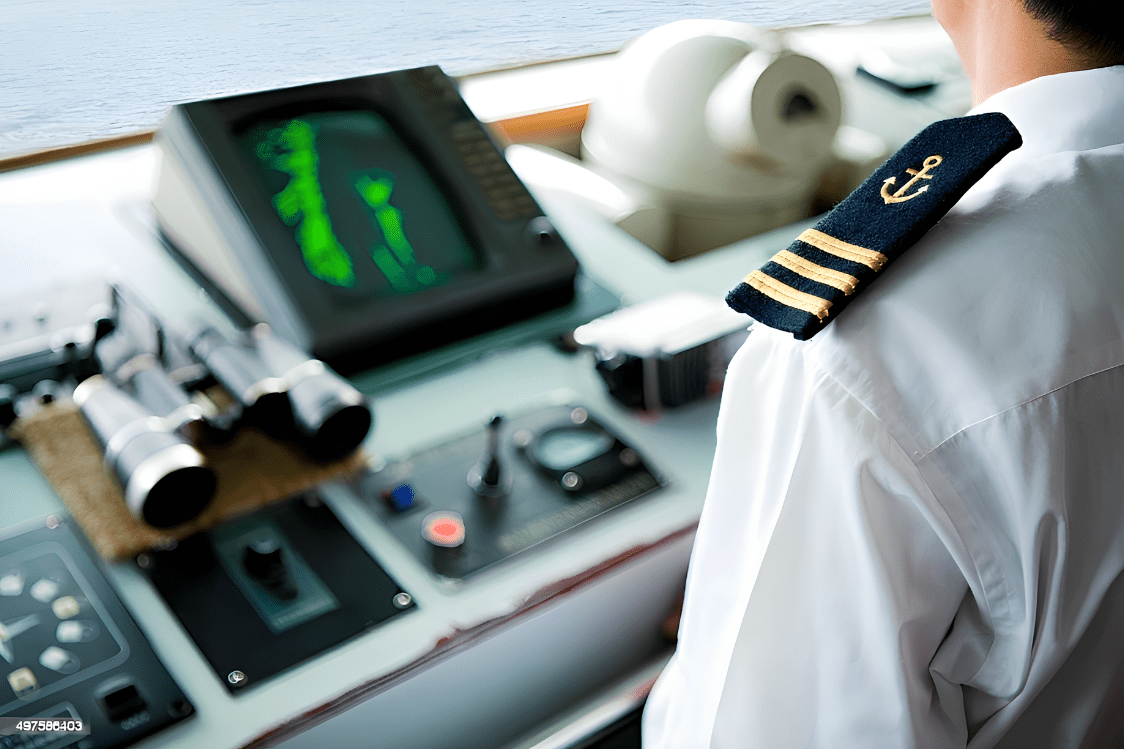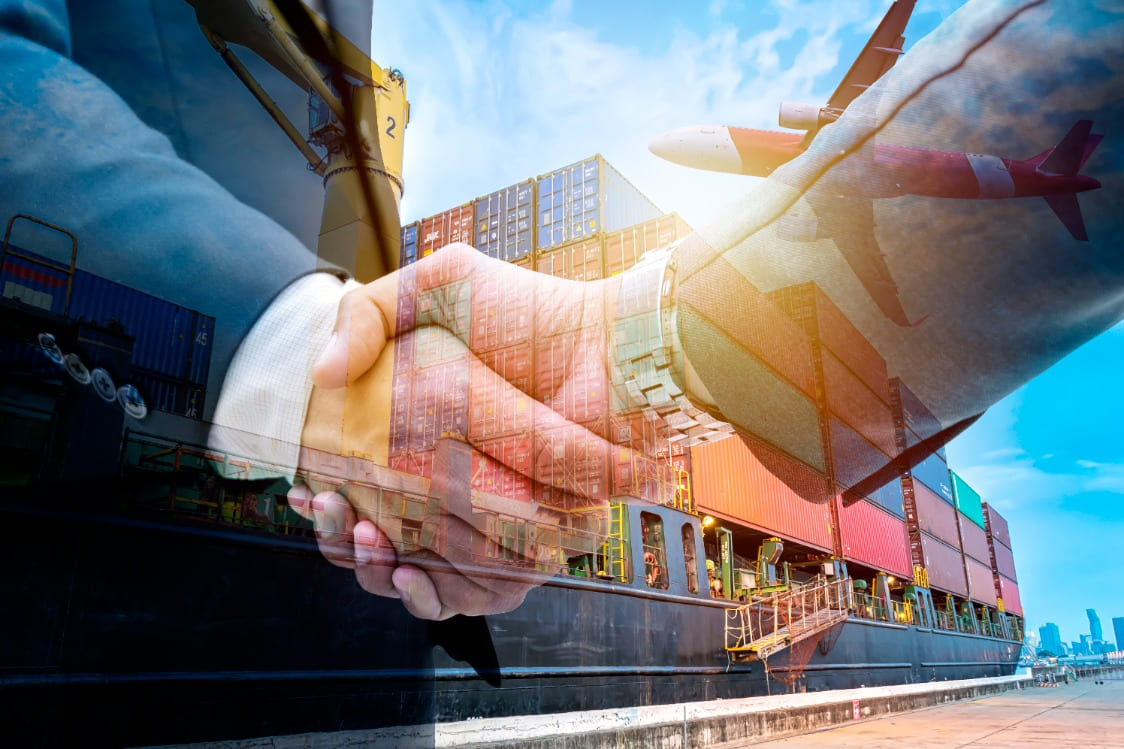What is MARPOL? A Complete Guide to Marine Environmental Protection
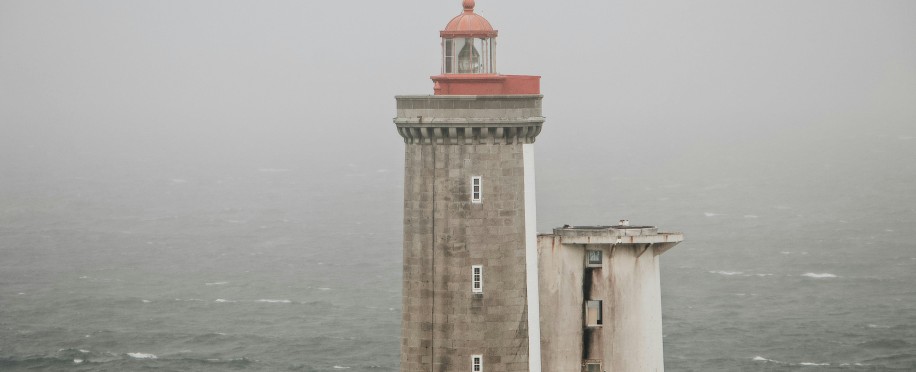
Posted on Feb 14, 2025 at 09:02 PM
Imagine the ocean as Earth’s circulatory system—constantly moving, sustaining life, and vulnerable to toxins. Now picture thousands of ships crisscrossing these waters daily, each a potential source of pollution. That’s where MARPOL comes in, acting like a global rulebook to protect marine ecosystems.
But what exactly is MARPOL, and why should you care? Let’s dive in.
What is MARPOL? Safeguarding Our Oceans
MARPOL (which stands for The International Convention for the Prevention of Pollution from Ships) is the backbone of marine environmental protection. Created by the International Maritime Organization (IMO) in 1973, it’s a binding agreement that tackles pollution from ships—oil, chemicals, sewage, garbage, and even air emissions. The main objective of these guidelines is preserving marine life, protecting oceans against pollution caused by shipping activities and minimizing the chance of health hazards.
Why does this matter? Consider this: over 90% of global trade relies on cargo-shipping, and to this day, the highest level of pollution is generated by the same industry. Without MARPOL, unchecked pollution could turn vital waterways into toxic highways.
The History of MARPOL: From Disaster to Global Action
The catalyst for MARPOL was the 1967 Torrey Canyon oil spill off the UK coast. This disaster spewed 120,000 tons of crude oil into the sea, killing marine life and coating beaches in sludge. The world realized existing laws were toothless.
By 1973, the IMO had drafted MARPOL, but it took another decade (and a 1978 update) for the treaty to gain teeth. Today, 156 countries including Indonesia—representing 99% of global shipping—enforce its rules.
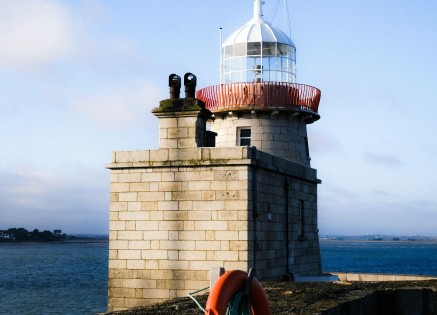
Expanding on MARPOL’s Six Annexes: The Rulebook for a Cleaner Ocean
Think of MARPOL’s annexes as specialized standards aimed at preventing risks and handling any mishaps. The objective of these regulations is to minimize threats to the environment caused by or relating to vessels. Let’s break them down:
- Annex I (Oil): This is the oil and gas rulebook, concerned with accidental oil spills. It aims to prevent oily waste dumping in the water and mandates segregated tanks and oil filtering systems as equipment requirements. Even a small spill? Ships must track it like a detective—recording every drop in an Oil Record Book.
- Annex II (Chemicals): Toxic liquid don’t get a free pass. Chemicals are categorized by hazard—from “deadly on contact” to “harmful if accumulated.” Ships must pre-tank residues in collection tanks, consolidate them and use approved discharge systems, any discharges that are processed outside the regulation will cause ship owners to face charges.
- Annex III (Packaged Substances): Ever worry about containers of bleach or pesticides falling overboard? This annex includes routine covering and labeling, stowage, and emergency plans. It’s like childproofing protocol, but for cargoes that could poison seas.
- Annex IV (Sewage): Raw sewage? Not in my ocean. Ships must treat waste via onboard plants or hold it until 12 nautical miles from shore. Cruise liners, take note: your floating cities can’t treat the sea like a sewer.
- Annex V (Garbage): The plastic crackdown. Since 2013, all plastic disposal at sea is banned—even confetti-sized bits. Food waste? Only allowed 3 nautical miles out (ground finer than 25mm, please). Picture a ship’s trash as a locked vault; nothing escapes without scrutiny.
- Annex VI (Air Pollution): Targeting smokestacks, this annex slashes sulfur in fuel (0.5% global cap since 2020) and CO₂ emissions. New ships now have “Energy Efficiency Design Index” ratings—like a fuel-star rating for eco-friendly engines.
These maritime safety standards aren’t set in stone. For instance, Annex VI now tackles greenhouse gases, pushing ships toward LNG or hydrogen fuel. Together, they form a living framework, proving MARPOL isn’t just rules—it’s a pact to ensure our oceans stay alive.
Enforcement: How MARPOL Keeps Ships in Check
Rules mean nothing without implementation. This is why Port State Control exists—inspectors who board ships to check compliance. Fail an inspection? Consequences range from fines to detention. In 2019, a few tankers were banned from EU ports for dumping oily waste. Talk about a costly shortcut!
But it’s not all sticks; there are carrots too. Ships with clean records get special treatment, they face fewer inspections and can save time and money.
Training for Compliance: Why Education Fuels MARPOL’s Success
You wouldn’t let a rookie pilot a plane without training, right? The same applies to ship crews. Understanding MARPOL’s nuances requires education. For example, maritime safety courses in Dubai train crews to handle waste properly, use pollution-prevention tech, implement MARPOL in their operations and pass inspections. These courses aren’t just lectures—they’re hands-on operational guides to addressing all possible risks, including oil spills, human error, and how to handle noxious waste.
MARPOL isn’t perfect, but it’s the best shield we have against marine pollution. From penalizing rogue tankers to shaping courses in Dubai, its reach is vast. Yet, its success hinges on all of us—governments, companies, and even consumers demanding greener shipping. After all, shouldn’t we treat the ocean like the life-giving force it is?
